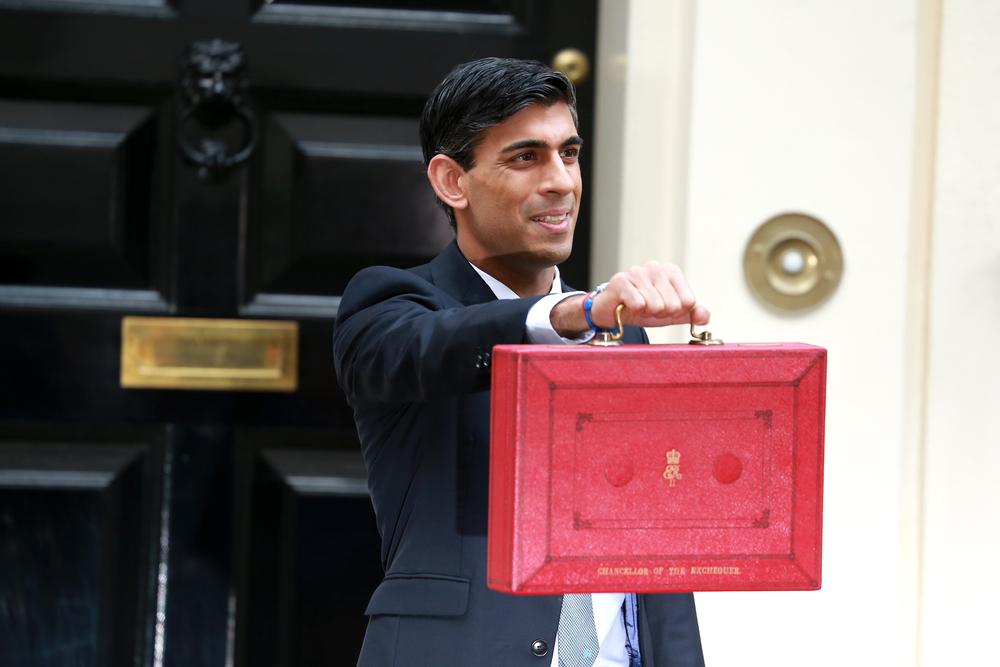Chancellor Rishi Sunak is set to announce the launch of the UK governments first ‘green gilts’, which will be used to boost its low-carbon investment capabilities.
These targeted bond mechanisms follow the lead of 16 other countries, including Sweden and Germany, and will aid in government efforts to invest in green infrastructure projects – including the Boris administration’s commitment to scaling up Britain’s offshore wind capabilities.
The move towards green gilts, or ‘green sovereign bonds’, also follows moves by the Bank of England and European Central Bank, to adjust their respective asset-purchasing strategies towards being geared more specifically towards low-carbon emitting companies. It likely also pre-empts a change in tone over the pond, with president-elect, Joe Biden, being vocal about his intentions to put his weight behind a low-carbon shift in US energy.
It will also follow a move by the Financial Conduct Authority, which, from January 1 2021, will require all ‘premium listed companies’ to make ‘better’ disclosures about how climate change will impact their business – with the potential for these climate risk disclosures to be extended to cover asset managers, life insurers and pension providers.
Commenting on Sunak’s green gilts, and what is at the very least a symbolic next stage in the green transition, Fran Boait, executive director of Positive Money, said:
“Markets are currently rife with ‘greenwashing’, and we’ve seen the farce of high-carbon corporations such as oil companies and airports issuing supposedly ‘green’ bonds. We need to make sure that these green government bonds are actually used for ambitious investment in a just green transition.”
“The Bank of England could also help support a fair green recovery by buying up green gilts through its quantitative easing programme, which is currently skewed towards high-carbon companies, including the likes of Shell and BP. Although there is high demand from private investors for sovereign green bonds, the Bank could divest from polluting companies and reinvest funds in these new green government bonds.”




